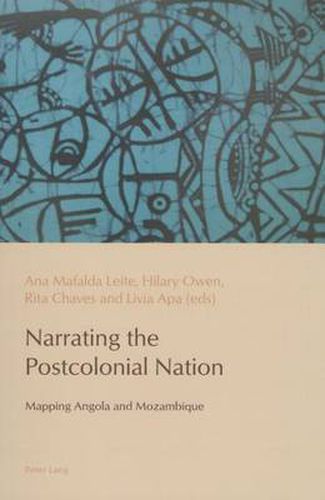Readings Newsletter
Become a Readings Member to make your shopping experience even easier.
Sign in or sign up for free!
You’re not far away from qualifying for FREE standard shipping within Australia
You’ve qualified for FREE standard shipping within Australia
The cart is loading…






This title is printed to order. This book may have been self-published. If so, we cannot guarantee the quality of the content. In the main most books will have gone through the editing process however some may not. We therefore suggest that you be aware of this before ordering this book. If in doubt check either the author or publisher’s details as we are unable to accept any returns unless they are faulty. Please contact us if you have any questions.
The essays collected in this volume look at the way that Mozambican and Angolan literary works seek to narrate, re-create and make sense of the postcolonial nation. Some of the studies focus on individual works; others are comparative analyses of Angolan and Mozambican works, with a focus on the way they enter into dialogue with each other. The volume is oriented by three broad themes: the role of history; the recurring image of the voyage; and discursive/narrative strategies. The final section of the book considers the postcolonial in a broader Lusophone and international context.
$9.00 standard shipping within Australia
FREE standard shipping within Australia for orders over $100.00
Express & International shipping calculated at checkout
This title is printed to order. This book may have been self-published. If so, we cannot guarantee the quality of the content. In the main most books will have gone through the editing process however some may not. We therefore suggest that you be aware of this before ordering this book. If in doubt check either the author or publisher’s details as we are unable to accept any returns unless they are faulty. Please contact us if you have any questions.
The essays collected in this volume look at the way that Mozambican and Angolan literary works seek to narrate, re-create and make sense of the postcolonial nation. Some of the studies focus on individual works; others are comparative analyses of Angolan and Mozambican works, with a focus on the way they enter into dialogue with each other. The volume is oriented by three broad themes: the role of history; the recurring image of the voyage; and discursive/narrative strategies. The final section of the book considers the postcolonial in a broader Lusophone and international context.